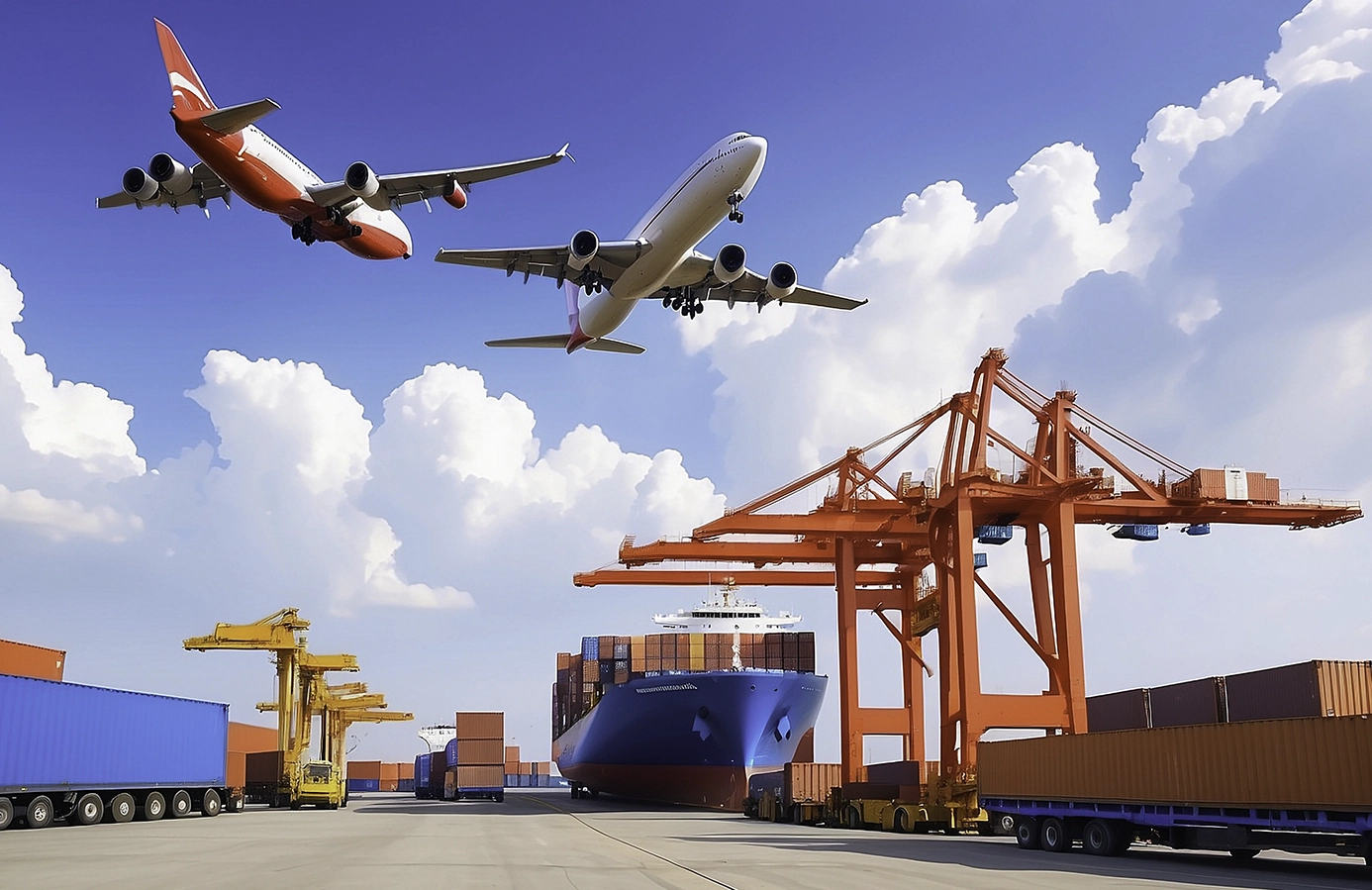
The global Halal market has witnessed remarkable growth, driven by an increasing Muslim population and a rising awareness of Halal standards among non-Muslims. Valued at over $2 trillion, this market encompasses a wide range of products, including food, cosmetics, pharmaceuticals, and fashion, making it a significant sector for businesses worldwide, according to the State of the Global Islamic Economy Report 2021/22 by DinarStandard.
South East Asia, with its diverse cultures and predominantly Muslim population, is poised to become a leading Halal hub. Countries like Malaysia, Indonesia, and Brunei have established robust frameworks for Halal certification and trade, attracting both local and international investments. The region’s strategic location also facilitates trade across Asia and beyond, making it an ideal gateway for Halal products.
In line with this potential, the Malaysia External Trade Development Corporation (MATRADE) projects that Malaysia’s Halal exports could reach RM65 billion by 2025, as reported by SunBiz. This ambitious target reflects the government’s commitment to enhancing the country’s Halal industry through innovation, quality assurance, and global partnerships. As South East Asia continues to develop its Halal ecosystem, it stands ready to play a pivotal role in meeting the growing demand for Halal products worldwide.

The Growing Demand for Halal Products
The global demand for Halal products is on the rise, with exponential growth fueled by several factors, including a burgeoning Muslim population, projected to reach 2.2 billion by 2030 according to a report by Pew Research Center. Moreover, the increasing awareness of consumption standards among non-Muslims is broadening the consumer base, as more individuals are seeking out food options that are not only ethically produced but also safe, as projected by Halal Toyyiban standards.
Key markets for Halal products extend beyond traditional Muslim-majority countries. Nations such as the United States, Brazil, and Australia are increasingly recognizing the economic potential of the Halal sector. In the U.S., for example, the Halal food market was valued at approximately $20 billion in 2020 and is expected to grow further as reported by Research and Markets. Similarly, the European Union, particularly countries like the UK and France, is witnessing a surge in demand for Halal-certified products, driven by diverse populations and increased consumer awareness, in reflection to the Halal market becoming a significant player in global trade, reflecting changing consumer preferences and a commitment to ethical consumption.

Malaysia’s Leadership in the Halal Market
The Malaysian government actively supports the Halal sector through various initiatives. According to the Ministry of International Trade and Industry’s Halal Industry Master Plan, (HIMP) aims to enhance the country’s Halal ecosystem by promoting research, innovation, and international collaboration. Furthermore, agencies like the Halal Development Corporation (HDC) provide resources and guidance to businesses seeking to enter the Halal market, facilitating exports and enhancing competitiveness.
Successful international brands with Malaysian presence, such as Nestlé Malaysia and KFC Malaysia, have significantly impacted both local and international markets. These brands not only cater to Muslim consumers but also appeal to health-conscious individuals seeking high-quality products. Their success underscores Malaysia’s potential as a global leader in the Halal industry, driving economic growth and fostering cultural awareness.

The Role of SouthEast Asia in the Halal Ecosystem
Southeast Asia boasts strategic advantages that enhance its position in the global Halal market. Its geographic location serves as a gateway between Asia, the Middle East, and beyond, facilitating trade and access to diverse markets. The region’s rich cultural diversity, with a significant Muslim population, fosters a strong demand for Halal products, driving growth and innovation within the sector.
Collaboration opportunities abound in Southeast Asia to strengthen Halal supply chains. Countries like Malaysia, Indonesia, and Brunei can work together to harmonize certification processes, share best practices, and develop regional standards. This cooperation can streamline logistics, reduce costs, and improve the overall quality of Halal products, benefiting both producers and consumers.
Moreover, the potential for innovation in Halal products is vast. Southeast Asian countries can leverage their unique culinary traditions to create new offerings that appeal to global consumers. By investing in research and development, businesses can explore plant-based alternatives, functional foods, and health-focused Halal options. This not only meets the growing demand for diverse Halal products but also positions the region as a leader in sustainable and innovative food solutions, enhancing its competitiveness in the global market.

In conclusion, Southeast Asia stands poised to become a prominent Halal hub, thanks to its strategic location, vibrant Muslim population, and rich cultural heritage. The region’s potential is immense, offering a unique blend of traditional and innovative Halal products that can cater to both local and international markets.
To realize this potential, it is crucial for stakeholders—including governments, businesses, and certification bodies—to collaborate and innovate within the Halal space. By harmonizing certification processes and sharing best practices, the region can streamline operations and enhance product quality. Investment in research and development will further drive the creation of diverse and sustainable Halal offerings.
Positioning Southeast Asia as a leader in the global Halal market is not just beneficial for the region; it also addresses the growing demand for quality Halal products worldwide. This collective effort can elevate the region’s status, fostering economic growth and cultural exchange.
Take action now and explore opportunities within this thriving sector. For those looking to connect and expand their Halal ventures, visit DagangHalal.com, the world’s largest Halal e-marketplace, to discover a wealth of resources and partnerships that can help you thrive in the global Halal market.
